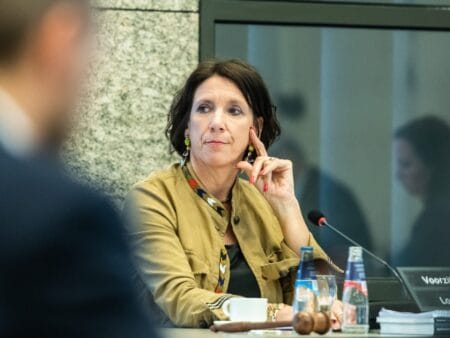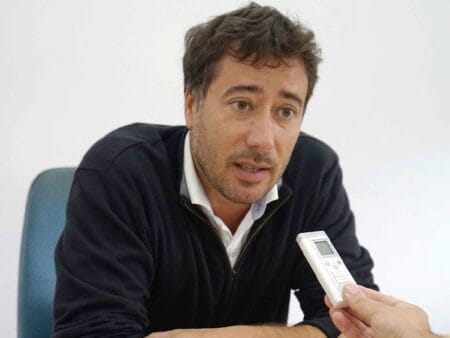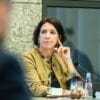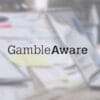Report: Current Sports Funding Model in the Netherlands is Most Stable
A report by consultancy firm BMC concludes that the current method of funding top-level sports through the Dutch Lottery is more stable and sustainable than the alternative models examined. The report, titled Funding Models for (Top-Level) Sports in the Netherlands, was commissioned by the Dutch Lottery. BMC investigated four alternative scenarios to (partially) decouple sports funding from lottery revenues.
The report explores the advantages, disadvantages, and risks of the current sports funding system in the Netherlands. It also outlines several alternative scenarios for the future.
The report, co-authored by former Member of Parliament Rudmer Heerema, who now works for BMC, was commissioned due to ongoing political discussions about funding top-level sports through gambling revenues. The report also notes that the current funding structure may come under pressure due to increases in gambling taxes.
BMC references previous research by Atlas Research on the tax increase. Atlas Research stated in 2024 that lotteries could absorb the cost increase, partly by reducing contributions (to sports).
Advantages and Disadvantages of the Current Structure
Despite the challenges posed by the increased gambling tax, the advisory report identifies the current funding model as reliable and stable. NOC*NSF (the Dutch Olympic Committee*Dutch Sports Federation) receives income from three main sources:
- The Dutch government;
- The Dutch Lottery;
- Private sponsors
Having multiple funding sources diversifies risks, which is seen as an advantage of the current structure. The Dutch Lottery’s share of NOC*NSF’s income is stable, but it has decreased proportionally due to increased funding from other sources.
However, the report also considers a potential future decline in income from the Dutch Lottery due to the increased gambling tax. This is identified as a risk to sports funding. A decline could be partially offset through reserves.
Alternatives
The report also examined alternative ways to fund sports, and the pros and cons of these alternatives. A total of five future scenarios were discussed:
- Maintaining the current structure;
- Full funding by the government;
This provides more public control but is vulnerable to political fluctuations, as previously explained by former Minister of Health, Welfare, and Sport Conny Helder. - The sports sector becomes fully self-sufficient;
This provides high autonomy but carries risks due to instability and inequality between sports. - Splitting: top-level sports funded by lottery revenues and grassroots sports funded by the government;
This can alleviate ethical concerns about (partially) funding grassroots sports through gambling revenues but requires adjustments to laws and regulations. - Indirect funding via the Dutch Lottery (e.g., through fund structures);
This scenario increases the distance from the gambling sector but makes the funding structure more complex and hinders transparency and manageability.
Current Structure is Most Stable and Sustainable
After analyzing the alternative funding options and the advantages and disadvantages of each scenario, BMC concluded that the current structure is the most stable and sustainable.
If an alternative must be considered, then scenarios 4 and 5 would be the most suitable:
“When we consider the above, the conclusion is that scenario 0 and then scenario [4] or [5] contribute most to a future-proof funding of Dutch (top-level) sports.”
Adviesbureau BMC
Finally, BMC suggested a focused discussion agenda for debates on sports funding. The following themes should be discussed:
- Discuss the ethical dilemma experienced by some parties.
- Consider whether further allocation of funding is possible and desirable.
- Determine which parts of sports funding require legal and/or policy anchoring.
- Consider the discussion about gambling tax in the context of its effects on sports.
- Hold a conversation about an appropriate division of roles.
Before leaving parliament, Rudmer Heerema, on behalf of the VVD (People’s Party for Freedom and Democracy), was heavily involved in sports and the dependence on gambling revenues. In August, he posed parliamentary questions about the Dutch Lottery’s contribution. In the same year, he also advocated in parliament for a portion of the additional revenues from online gambling to directly benefit sports. That idea was rejected by then-Minister Franc Weerwind.
In the advisory report, maintaining the current structure was labeled as ‘Scenario 0’. In this article, it is referred to as ‘Scenario 1’. As a result, the other four scenarios also shift in terms of numbering.
Stay ahead of the curve in the fast-paced online casino world – explore the latest updates and trends at listofallcasinos.com.










